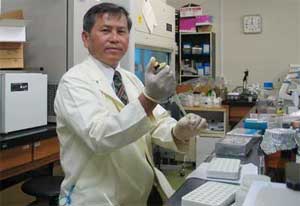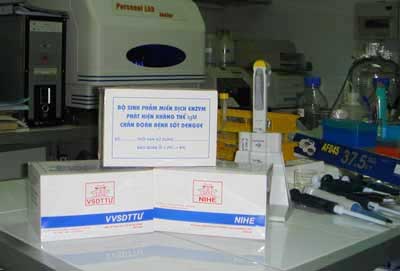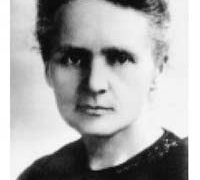The Dengue Virus Laboratory at the Central Institute of Hygiene and Epidemiology has just completed a rapid diagnostic kit for Dengue fever, providing results within 4 hours.
 |
|
Professor Truong Uyen Ninh. (Photo: VNN) |
According to Professor Dr. Truong Uyen Ninh, head of the Arbo – Dengue Fever laboratory, Dengue fever (DF) is an acute viral infection caused by four types of Dengue virus. There is currently no vaccine or specific treatment for the disease.
Therefore, early and accurate detection is essential for epidemiologists to implement timely preventive measures and for clinical doctors to provide effective treatment.
In response to this need, scientists at the Central Institute of Hygiene and Epidemiology have developed a rapid diagnostic kit for Dengue fever (MAC-ELISA Kit).
In fact, the first rapid diagnostic kit was produced in 1998. At that time, the antigen of the Dengue virus was generated by culturing the virus in the brains of white mice. To enhance the sensitivity and specificity of the kit, from 2000 to 2005, the research team led by Professor Ninh improved the kit by producing recombinant antigens.
The recombinant antigens were created by culturing the Dengue virus in mosquito cells (Aedes albopictus strain C6/36) and then transferring them to E. coli bacteria for extraction and purification. This method increased the sensitivity of the kit to 97.9% and its specificity to 100%, matching foreign products, such as those from Panbio (Australia).

MAC-ELISA Kit (Photo: VNN)
The kit is compact and operates on a simple principle. When a person is infected with the Dengue virus, their immune system typically produces IgM antibodies that respond to the virus’s antigens. The IgM antibodies in the blood sample bind to the antibody-antigen complex and other components in the kit, causing a color change in the solution after 4 hours. This allows doctors to determine whether someone has Dengue fever in a short time frame.
Professor Ninh further stated that with this kit, a blood sample taken as early as possible can lead to an accurate conclusion… Doctors can perform 96 tests with each kit. The price of each kit is $35, which is one-tenth the cost of imported kits. It is known that to date, the Central Institute of Hygiene and Epidemiology has supplied hundreds of these kits to provinces in the North, Central, and Central Highlands.
Minh Son


















































